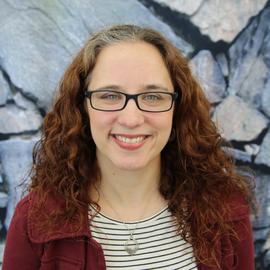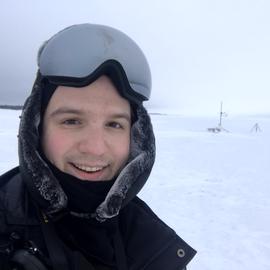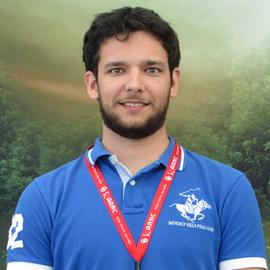Abstract
In July 2018, the University of Oklahoma deployed three CopterSonde remotely piloted aircraft systems (RPASs) to take measurements of the evolving thermodynamic and kinematic state of the atmospheric boundary layer (ABL) over complex terrain in the San Luis Valley, Colorado. A total of 180 flights were completed over 5 d, with teams operating simultaneously at two different sites in the northern half of the valley. A total of 2 d of operations focused on convection initiation studies, 1 d focused on ABL diurnal transition studies, 1 d focused on internal comparison flights, and the last day of operations focused on cold air drainage flows. The data from these coordinated flights provide insight into the horizontal heterogeneity of the atmospheric state over complex terrain. This dataset, along with others collected by other universities and institutions as a part of the LAPSE-RATE campaign, have been submitted to Zenodo (Greene et al., 2020) for free and open access (https://doi.org/10.5281/zenodo.3737087).
Publication
Earth System Science Data, 13, 269–280
Click the Cite button above to demo the feature to enable visitors to import publication metadata into their reference management software.

Former Research Scientist
Elizabeth Pillar-Little was the Assistant Director for the former Center for Autonomous Sensing and Sampling at the University of Oklahoma, where she was responsible for coordinating the field deployments of RPAS teams from both an operational and scientific perspective. She also ensured the continuity of day-to-day center business and enjoyed spearheading outreach and science communication activities on behalf of the center. She was also appointed as a research scientist in the School of Meteorology and led the atmospheric chemistry research nucleus of CASS. Dr. Pillar-Little’s research interests were broadly centered around atmospheric and environmental chemistry, but she is very passionate about atmospheric composition, aerosol optical properties and composition, and the interplay between aerosols and convection initiation.

Scientist
Brian is a former graduate student from the BLISS team.

Research Scientist
Tyler is a Research Scientist in CIWRO working on using ground-based remote sensors and WxUAS to advance the understanding of various boundary layer processes. He is acitvely exploring ways to optimally combine data collected from WxUAS and ground-based remote sensing.

Research Engineer
My research centers around developing small unmanned aircraft systems for adaptive atmospheric sampling which involves CAD modeling, systems optimization, hardware and software integration, and control theory. I have led the design of the CopterSonde series of vehicles, which is used to perfrom controlled and targeted weather sampling at high temporal and spatial resolutions. I am also advising other projects in which sensor integration or new UAS are required.